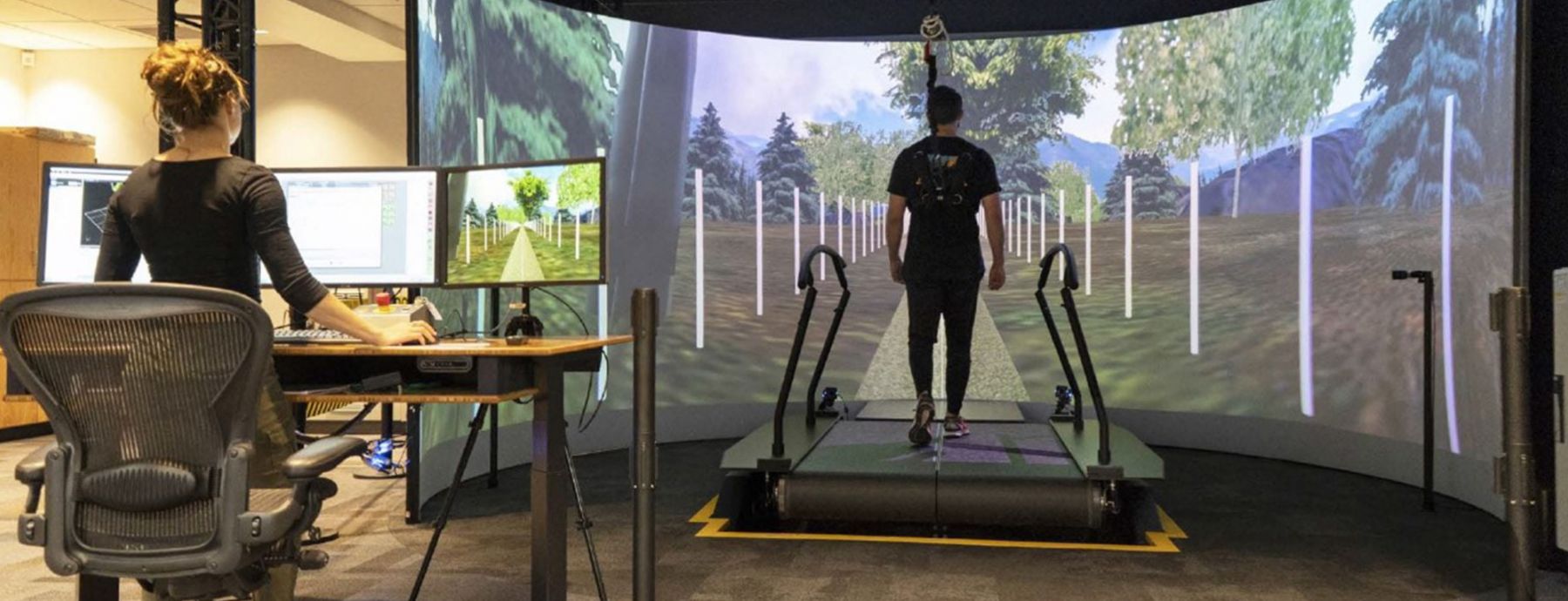The major goals of C-MOST are to prepare new generations of highly qualified scientists and to facilitate cutting-edge research focused on understanding human motor control and coordination, deficits in motor function, and recovery of function in patients with neurological and orthopedic impairment. The Center for Movement Science and Technology (CMOST) is focused on facilitating interdisciplinary and translational research across the disciplines that address movement science and clinical motor disorders and conditions. We are particularly interested in facilitating bidirectional translation, involving exploiting clinical conditions to understand basic motor control and coordination processes, and exploiting basic science to inform clinical understanding and help to design clinical interventions.

Center for Movement Science and Technology
Integration of the neural, biomechanical, cognitive, and clinical sciences for the study of action
News
Sainburg named fellow of the National Academy of Kinesiology
Robert Sainburg, professor of kinesiology and neurology at Penn State and Dorothy F. and J. Lloyd Huck Distinguished Chair in Kinesiology and Neurology, was recently named a fellow of the National Academy of Kinesiology.
Person-centered, bio-inspired research leads to improved control of prosthetics
Penn State researcher focuses on creating wearable assistive robotic systems for people with limited use of their limbs, especially their hands, with the goal of the user intuitively controlling the systems and devices on which they rely.
Alternative understanding of brain leads to new treatments for stroke patients
Since the early 20th century, researchers believed that movements on the right and left sides of the body were controlled by the opposite hemisphere of the brain. However, Penn State researcher Robert Sainburg proposed the complimentary dominance hypothesis, which states that both sides of the brain have a role to play in control of both sides of the body.
News
Sainburg named fellow of the National Academy of Kinesiology
Robert Sainburg, professor of kinesiology and neurology at Penn State and Dorothy F. and J. Lloyd Huck Distinguished Chair in Kinesiology and Neurology, was recently named a fellow of the National Academy of Kinesiology.
Person-centered, bio-inspired research leads to improved control of prosthetics
Penn State researcher focuses on creating wearable assistive robotic systems for people with limited use of their limbs, especially their hands, with the goal of the user intuitively controlling the systems and devices on which they rely.
Alternative understanding of brain leads to new treatments for stroke patients
Since the early 20th century, researchers believed that movements on the right and left sides of the body were controlled by the opposite hemisphere of the brain. However, Penn State researcher Robert Sainburg proposed the complimentary dominance hypothesis, which states that both sides of the brain have a role to play in control of both sides of the body.
$4M grant funds project to make robotic prostheses more like biological limbs
Prosthetic hands that incorporate robotics can perform dexterous self-care tasks, but they are often hard to operate, requiring a user’s constant attention with a limited number of hand functions. With a five-year, $4 million U.S. National Science Foundation grant, Penn State researchers aim to make robotic protheses more useful for people living with amputations.